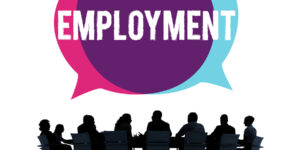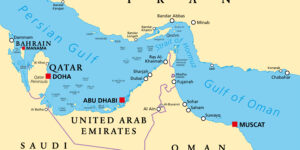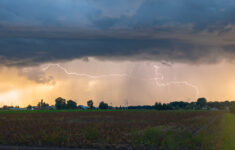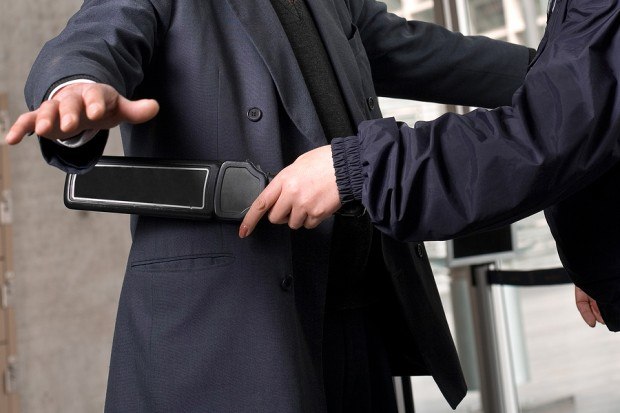U.S. Secretary of Homeland Security Janet Napolitano on Monday cautioned airline passengers to get to the airport extra early because U.S. spending cuts have already led to long lines at some security checkpoints, and said the coming furloughs will only make the situation worse.
Napolitano said mandatory spending cuts ordered on Friday by President Barack Obama have led to the elimination of overtime for Transportation Security Administration officers and customs agents. She said furlough notices would begin going out to employees on Monday, and Customs and Border Protection said it would send them out later this week.
Hiring freezes for both agencies will also prevent any open positions from being filled.
“We are already seeing the effects at some of the ports of entry—at the big airports, for example. Some of them had very long lines this weekend,” Napolitano said at a “Politico Playbook” breakfast event.
She pointed to Chicago’s O’Hare International Airport, Los Angeles International Airport and Hartsfield-Jackson Atlanta International Airport as examples of those with long lines.
Napolitano said delays were between 150 percent and 200 percent at certain airports. Customs and Border Protection said in statement on Monday that the agency had begun reducing overtime over the weekend and effects were already visible.
“Lanes that would have previously been open due to overtime staffing were closed, further exacerbating wait times at airports with typically longer international arrival processes,” the statement said, noting that additional effects were expected in the coming weeks as furloughs—which will go out on March 7 – take effect.
According to passengers and the TSA website, delays in customs and security were minimal through Monday morning but began to grow in the early afternoon.
Musician Phil Tucker, 27, and his band mates from the group Alpine, waited for an hour in Los Angeles before clearing customs after flying in from Melbourne, Australia. Tucker said that several of the customs booths were closed.
In Chicago’s arrivals terminal, Dave Wagner, 51, of Boston, Massachusetts and his brother John, 48, of Chicago, arrived late Monday morning on a flight from Hong Kong. They said it took them an hour to clear customs—and that the wait appeared to be growing.
“It should have taken maybe 15 or 20 minutes,” said Dave Wagner. “But there was only one agent for 12 lines.”
At O’Hare International Airport’s Terminal 2, which serves domestic passengers, a five-lane line for the TSA security checkpoint snaked back into the check-in area at 1 p.m.
Most passengers crossed through to their gates in about 30 minutes.
Some lawmakers have accused Napolitano and other administration officials of fear-mongering and exaggerating the impact that would be seen from the deep spending reductions known as the “sequester” which cut a total of $85 billion from government agencies between March 1 and Oct. 1.
But Napolitano said the problems were real.
“Look, people, I don’t mean to scare, I mean to inform. If you’re traveling, get to the airport earlier than you otherwise would,” she said. “And please don’t yell at the Customs officers or the TSA officers. They are not responsible for the sequester.”
The TSA issued a statement predicting lines and wait times would increase as the year goes on, especially during busy travel periods. It said the agency would have up to 2,600 TSA officer vacancies by the end of the fiscal year.
The Secret Service, which is also part of DHS, will see a 5 percent cut in spending but Napolitano said it would not impact security of the president.
The cuts at the agency will be on the investigative side, which handles financial and identity theft, cyber crime and counterfeiting cases.





















 Commercial P/C Market Softest Since 2017, Says CIAB
Commercial P/C Market Softest Since 2017, Says CIAB  Machine Learning for Mutuals: What’s Working, What’s Not, and What’s Next
Machine Learning for Mutuals: What’s Working, What’s Not, and What’s Next  Berkshire Hathaway Profit Falls; Insurance Income Lower for GEICO, Other Ops
Berkshire Hathaway Profit Falls; Insurance Income Lower for GEICO, Other Ops  State Farm Inked $1.5B Underwriting Profit for 2025; HO Loss Persists
State Farm Inked $1.5B Underwriting Profit for 2025; HO Loss Persists 
